Five of the best book-to-screen adaptations
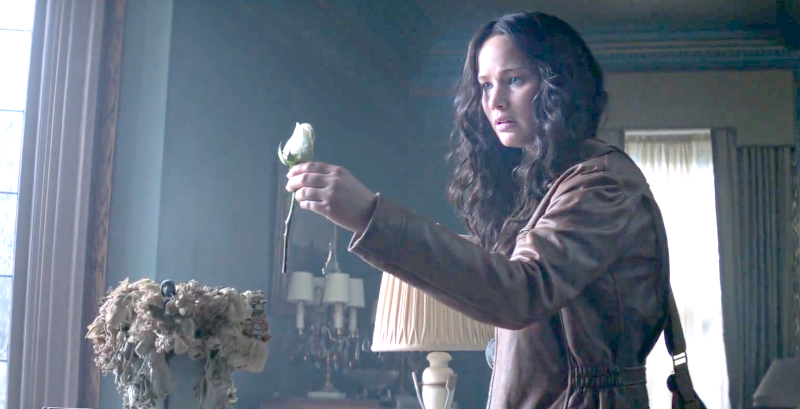
The art of adaptation is a tricky business, with most attempts being met with groans from book-readers and grumbled insistences that you should probably just read the book. All too often, Hollywood’s particularly bland take on “movie magic” ends with the book’s message being dampened and simplified, usually undermining the purpose of the tale itself. Other times, too much money is thrown at the project and we’re left with a bloated, half-hearted film that bears little resemblance to the original story. True, this sometimes works out for the best (see the Lord of the Rings and Hobbit franchises), but by and large it isn’t a recipe for success. Despite all that, adaptation has given us some of the greatest movies of the modern age, and today we’re counting down some of our favourites.
We Need to Talk About Kevin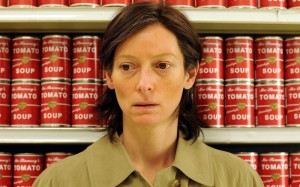 Lynne Ramsay’s 2011 adaptation of Lionel Shriver’s We Need to Talk About Kevin is nothing short of a masterpiece, telling the tale of Eva (played wonderfully by Tilda Swinton), the novel’s narrator, and her increasingly dangerous son, Kevin (Ezra Miller). In both the film and the book the horror is somewhat muted and implied, and although Ramsay has done away with the book’s letter format and scattered the chronology, little is lost from the tale. We still see most of the story through Eva’s eyes, so much of Kevin’s character is left to the viewer’s imagination.
Lynne Ramsay’s 2011 adaptation of Lionel Shriver’s We Need to Talk About Kevin is nothing short of a masterpiece, telling the tale of Eva (played wonderfully by Tilda Swinton), the novel’s narrator, and her increasingly dangerous son, Kevin (Ezra Miller). In both the film and the book the horror is somewhat muted and implied, and although Ramsay has done away with the book’s letter format and scattered the chronology, little is lost from the tale. We still see most of the story through Eva’s eyes, so much of Kevin’s character is left to the viewer’s imagination.
Apocalypse Now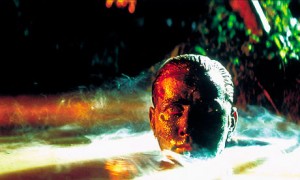 Francis Ford Coppola’s 1979 hallucinatory masterpiece is proof that you don’t need to simply regurgitate the source material to make a successful adaptation. Based on Joseph Conrad’s 1899 novella, Heart of Darkness, Coppola’s film shifted the story from the Belgian Congo during the 19th century to the far more relevant jungles of the Vietnam War. Coppola’s updated tale certainly adds more to Conrad’s short story, but it leaves the core themes of racism and colonialism firmly intact.
Francis Ford Coppola’s 1979 hallucinatory masterpiece is proof that you don’t need to simply regurgitate the source material to make a successful adaptation. Based on Joseph Conrad’s 1899 novella, Heart of Darkness, Coppola’s film shifted the story from the Belgian Congo during the 19th century to the far more relevant jungles of the Vietnam War. Coppola’s updated tale certainly adds more to Conrad’s short story, but it leaves the core themes of racism and colonialism firmly intact.
Fight Club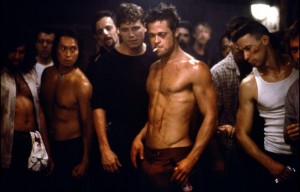 Even writer Chuck Palahniuk applauded David Fincher’s 1999 adaptation of his novel, despite the film being initially considered a box office failure. Now a cult classic, Fincher’s adaptation artfully manages to simplify the plot, while keeping intact much of the novel’s exploration of emasculated men raging against the emptiness of consumer culture (despite the film being full of Pepsi product placement). Fincher’s translation of the famous twist ending, along with the stellar acting, make this a must-see flick.
Even writer Chuck Palahniuk applauded David Fincher’s 1999 adaptation of his novel, despite the film being initially considered a box office failure. Now a cult classic, Fincher’s adaptation artfully manages to simplify the plot, while keeping intact much of the novel’s exploration of emasculated men raging against the emptiness of consumer culture (despite the film being full of Pepsi product placement). Fincher’s translation of the famous twist ending, along with the stellar acting, make this a must-see flick.
One Flew Over The Cuckoo’s Nest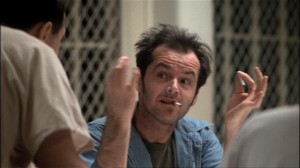 This is undoubtedly one of the best movies ever made. Adapted from Ken Kesey’s equally great novel of the same name, the 1975 hit is one of only three films to bag the so-called Big Five at the academy awards. Though Kesey was alienated by director Miloš Foreman’s decision to focus more on Jack Nicholson’s Mac, rather than the novel’s narrator (Chief Bromden), the film remains true to the novel’s damning examination of the American asylum system.
This is undoubtedly one of the best movies ever made. Adapted from Ken Kesey’s equally great novel of the same name, the 1975 hit is one of only three films to bag the so-called Big Five at the academy awards. Though Kesey was alienated by director Miloš Foreman’s decision to focus more on Jack Nicholson’s Mac, rather than the novel’s narrator (Chief Bromden), the film remains true to the novel’s damning examination of the American asylum system.
Mockingjay – Part One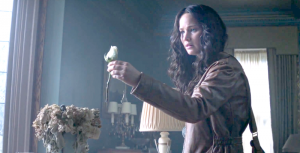 It may be easy for some to dismiss as popcorn-fodder the first two installments of the movie adaptation of this young adult book series, but the same cannot be said for the latest installment: Mockingjay – Part One. The film has so far divided critics, but with growing civil unrest and human rights abuses throughout the current world, Katniss Everdeen’s fight for survival is fast becoming an important, and frighteningly relatable, narrative. The film has already been banned in parts of Thailand for fear of it inspiring further civil unrest. But its powerful message is not the only reason for its inclusion on this list – it is a masterful adaptation. The film diverges from the book’s first person narration: we no longer only see things from Katniss’ point of view; we also see undeniably powerful depictions of the protests in the districts. Mockingjay may be a grim tale, but it is important that it has not been dampened, or made more hopeful than it really is.
It may be easy for some to dismiss as popcorn-fodder the first two installments of the movie adaptation of this young adult book series, but the same cannot be said for the latest installment: Mockingjay – Part One. The film has so far divided critics, but with growing civil unrest and human rights abuses throughout the current world, Katniss Everdeen’s fight for survival is fast becoming an important, and frighteningly relatable, narrative. The film has already been banned in parts of Thailand for fear of it inspiring further civil unrest. But its powerful message is not the only reason for its inclusion on this list – it is a masterful adaptation. The film diverges from the book’s first person narration: we no longer only see things from Katniss’ point of view; we also see undeniably powerful depictions of the protests in the districts. Mockingjay may be a grim tale, but it is important that it has not been dampened, or made more hopeful than it really is.
Natasha Furlong

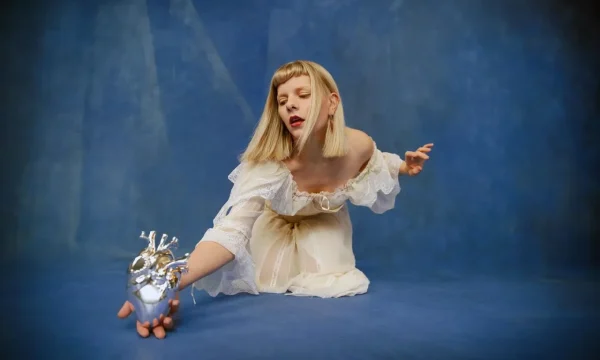
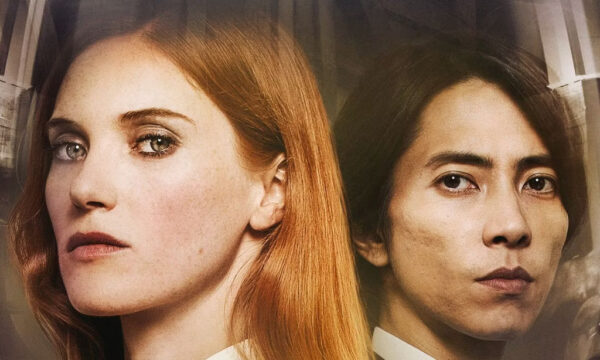
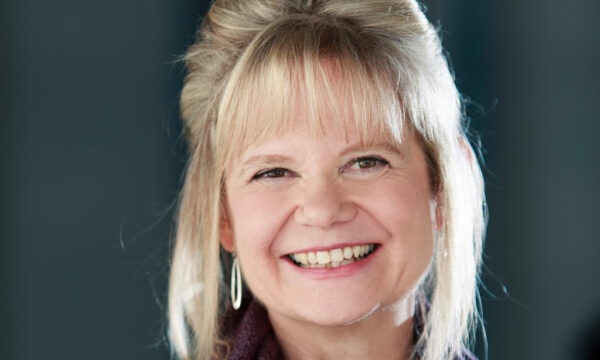
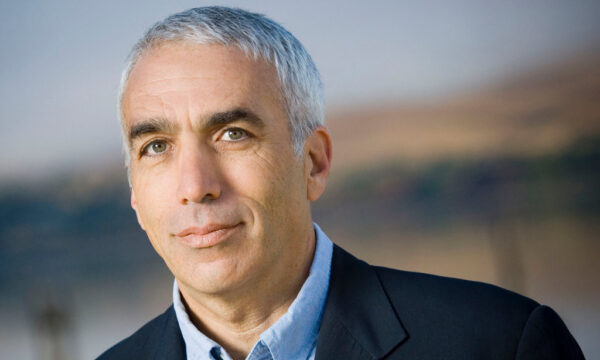
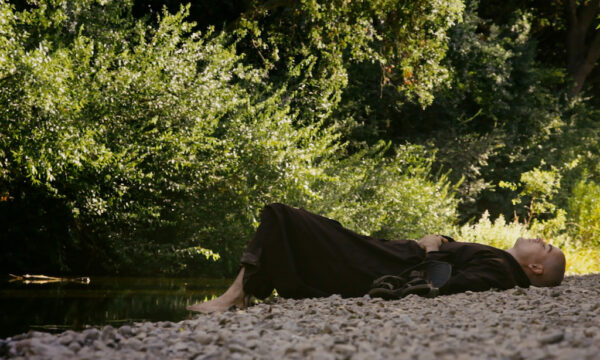

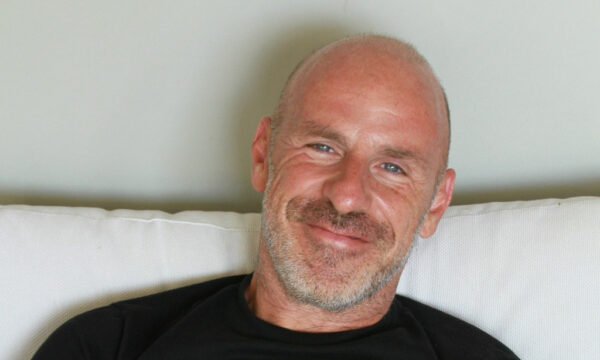
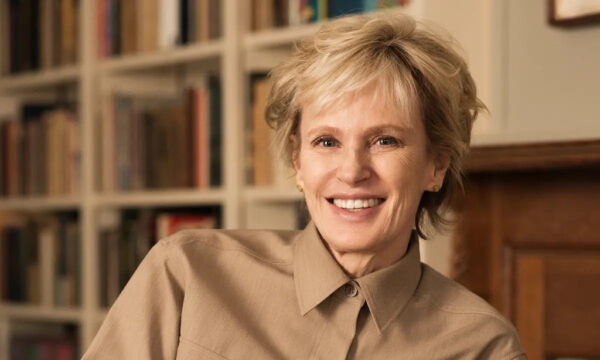















Facebook
Twitter
Instagram
YouTube
RSS